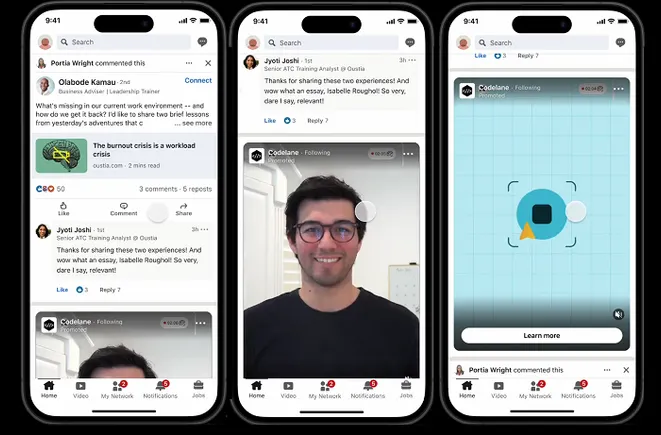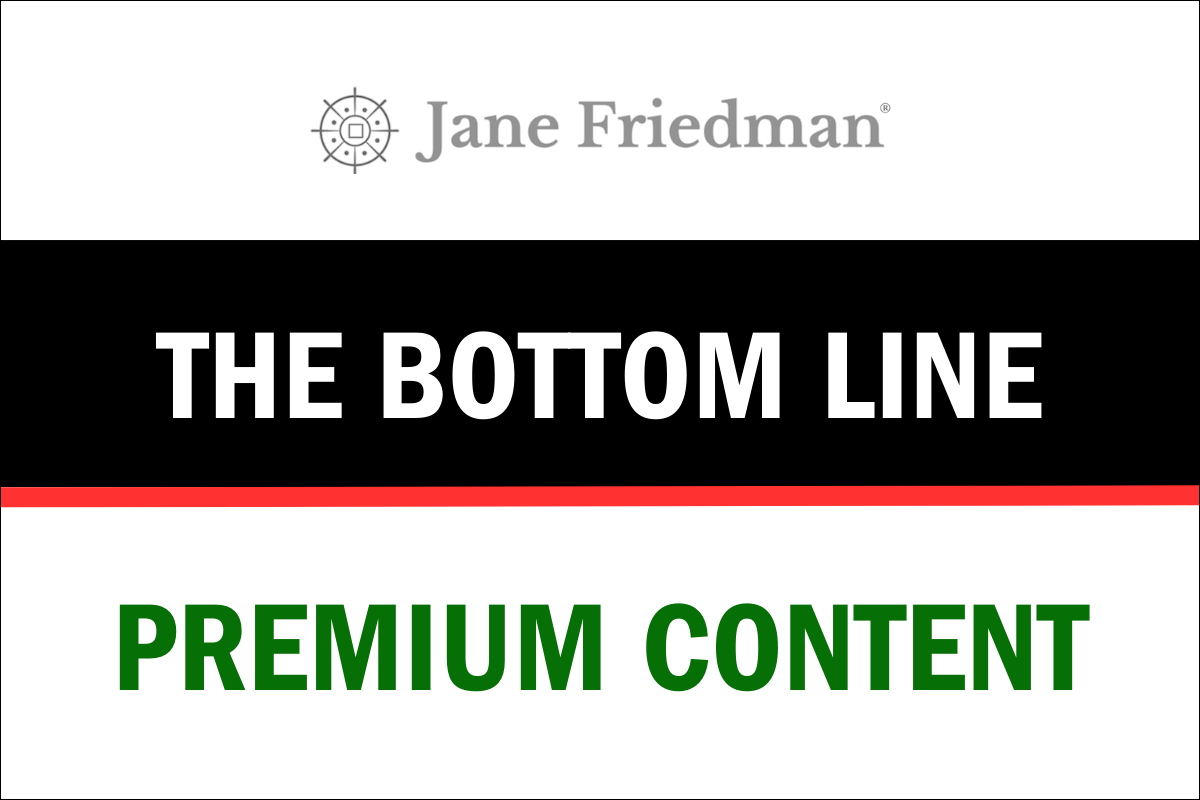What Happens When We Treat Agents and Publishers as Genuine Partners
If you write material outside your agent’s wheelhouse, don’t be afraid of making an unagented pitch. Each success is a win-win for both of you.


Today’s post is by author and editor Claire Polders.
My publishing journey started with two strokes of luck: I found an agent for my debut novel on the first try and she sold my book before I ever published a short story.
But that happened in another country, the Netherlands, and another era, two decades ago. If I had waited for that same luck to find me again, my debut collection of fiction in English would not be released this summer.
It took me an embarrassingly long time, however, to take one crucial step in my writing career. Here’s what happened.
About ten years ago, after four of my novels in Dutch found homes with traditional publishers, I switched to writing in English. I knew the competition would be tougher in the US, yet there would be far more readers for my work if I were to publish in English. My excellent new agent, Marie Lamba, sold one of my books, A Whale in Paris, to Atheneum (Simon & Schuster) early on, and was doing a great job at getting editors to read my other books. I write (literary) fiction, middle grade fiction, short stories, essays, and memoir. But getting us deals for my other books proved more difficult. I blamed it on the market, the political climate, and waited for things to change. All I could do was practice patience, right?
But patience is not my strongest quality, and that proved fortunate for me in this case. I began to work harder on my craft and my visibility. I engaged more with readers and writers on social media and published a lot of flash fiction. I loved the genre and learned so much about voice and storytelling. It also brought me many welcome connections in the writing world with fellow authors. But my stories never drew the desired attention of acquisition editors at publishing houses. Soon, the years that passed since my last book came out began to weigh on me. How much more patience did I need to have?
Meanwhile, fellow authors without representation were publishing flash fiction collections with small, independent presses. I was genuinely happy for them when a book got released and I often helped promote their work online. But deep down I wondered: Why are their collections getting published and not mine? Is my writing of lesser quality? Is it because I don’t live in the US?
The answer, when it came to me, was stupidly obvious: They were submitting their collections of flash fiction to literary prizes and independent publishers that specialized in the genre, whereas I let my flash fictions collect dust. Why?
I felt (and feel) very fortunate to have an agent, especially one as kind, professional, and hands-on as Marie Lamba is. She edits my books before she submits them to publishers. At no cost to me, I should add. She invests her attention in me because she has confidence in my writing. And she does so on spec: She earns no money until she sells another one of my books to a publisher. Because of this, I try to be as respectful as possible of her time. When I was letting my flash fictions collect dust, Marie was already working with me on three books, and I believed it would be unfair to ask her to also pitch my flash fiction collection. Story collections are a tough sell—and Marie was pitching one of those for me—and flash fiction collections are even more difficult to place.
So what were my options? Could I, perhaps, try to find a home for my flash collection on my own? I was (and still am) under contract for all my book-length work, yet there were no strict laws against me sending submissions to publishers who don’t require representation. I could at least ask Marie whether she minded if I gave it a shot.
Hesitantly, I wrote the email. Was I rude for entering her territory? Did it show a lack of confidence in her? I feared I might offend her, like I would offend a waiter in a fancy restaurant when you pour your own wine. But Marie didn’t mind. She even encouraged me and warned me for possible pitfalls.
I finally understood that we were genuine partners. Why would she not support my efforts in getting us a deal?
After I got the green light from her, I spent time and money to submit the manuscript to various literary prizes and specialized presses. I learned what I could from the rejections I inevitably received and improved both my manuscript and my pitch. When one of my favorite indie publishers finally had a submission window, I was ready.
Vine Leaves Press made it clear in their submission guidelines that they, too, were looking for partners, not for authors who sat back and hoped for the best. They selected manuscripts based on the quality of the writing, yet they also expected authors to play an active part in the sales of their books. As the publisher, they would edit, proofread, design, and print the book, and as the author, I would seek blurbs, reviews, interviews, and more based on their marketing & publicity handbook. It seemed like a good collaboration.
In October 2023, I sent my submission letter to Vine Leaves Press. I mentioned my publication history, my modest platform, and the fact that I had representation in the US. I let them know that I understood what role I had to play as an author partnering with a small press. I also told them why I submitted to their publishing house in particular: I had read their work before expecting them to read mine. You can find my submission letter here.
In November of that year, Vine Leaves Press requested the full manuscript, and two months later they offered me a contract, which I handed over to Marie: She knew far better than me how to negotiate it. Only a few months from now, in July 2025, my collection Woman of the Hour: Fifty Tales of Longing and Rebellion will be published.
Am I being lucky again? Probably. It always feels a bit like fate when we get our manuscript in the right hands at the right time. But I also think some of my non-writing efforts are paying off.
Success is never guaranteed. As authors we need to practice patience and deal with rejections, no matter what route we take, yet the chances of thriving in this ever-changing world will rise when we play a more active role in our career and not rely on our agent and publisher alone.













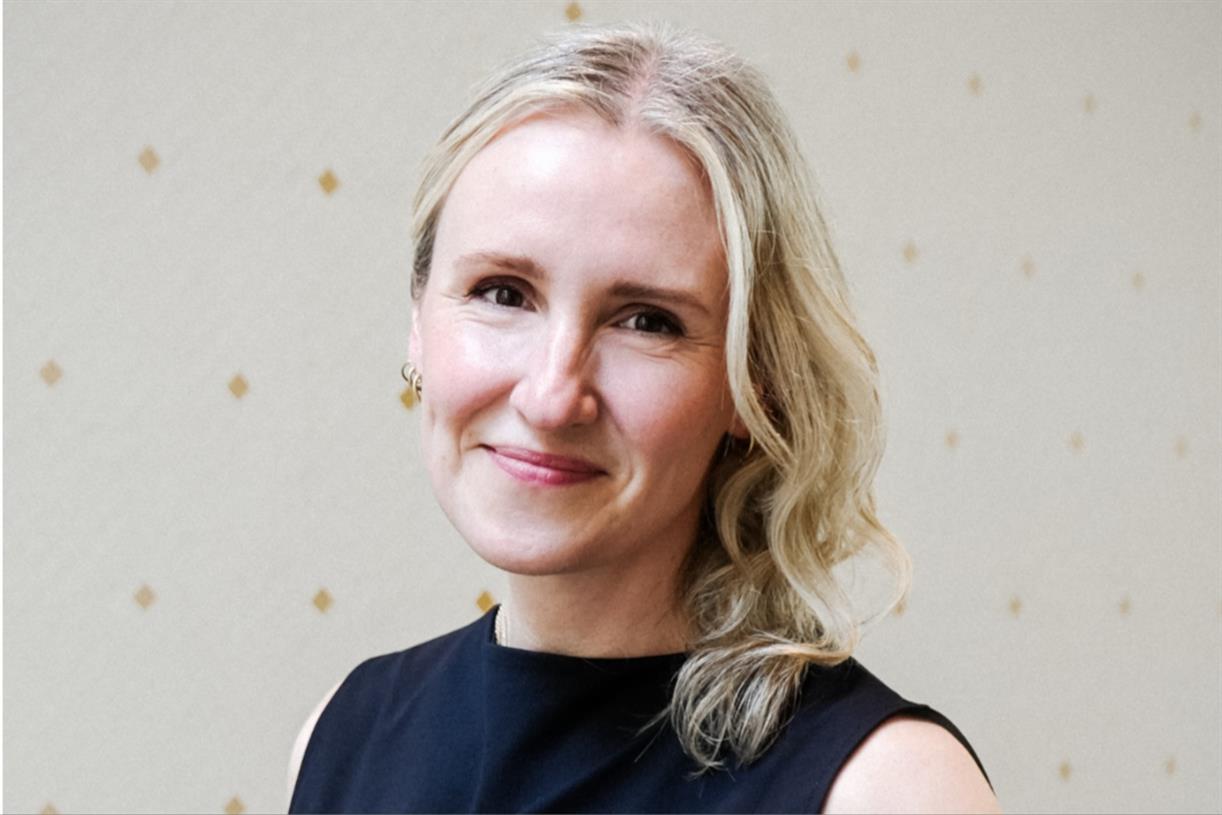

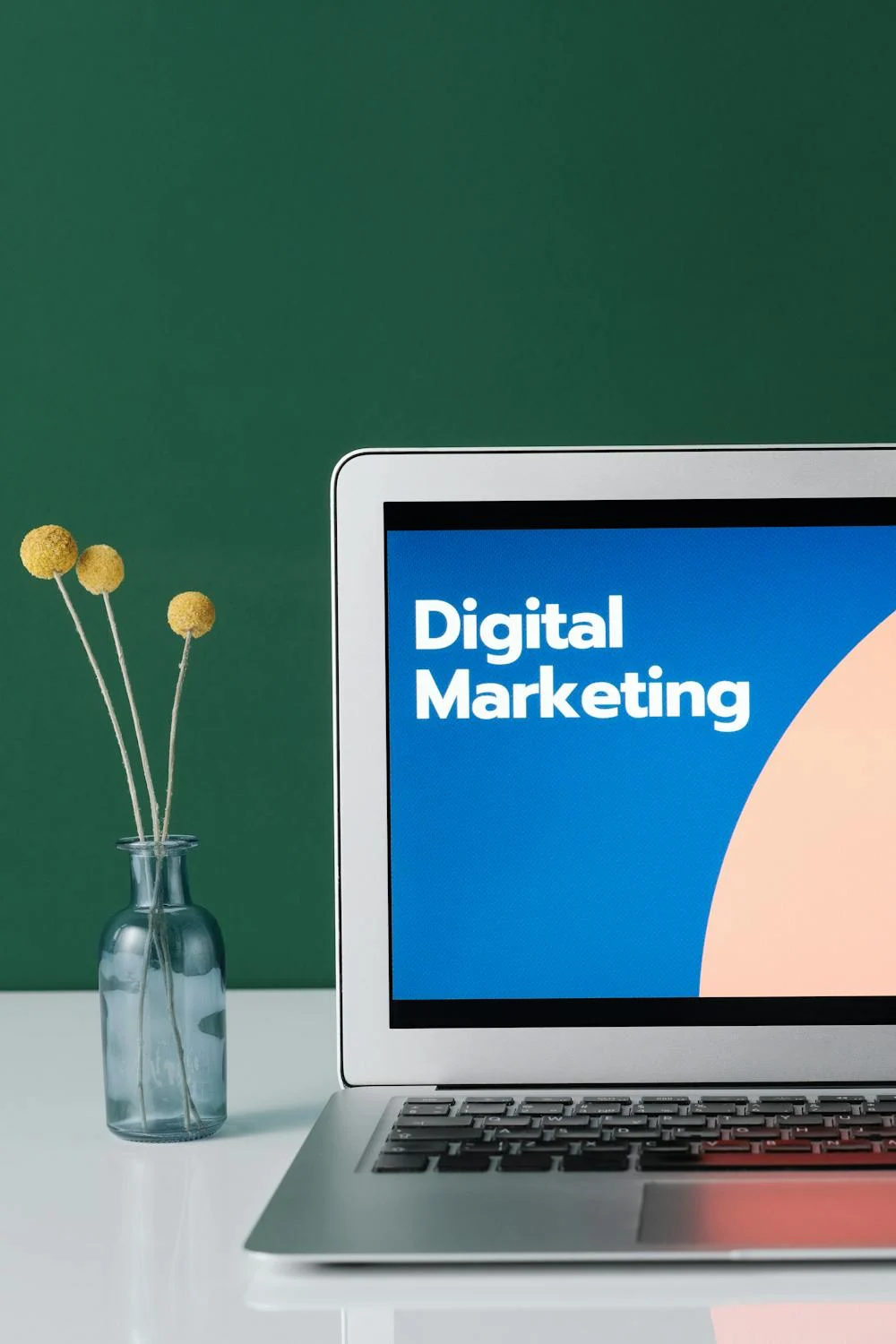
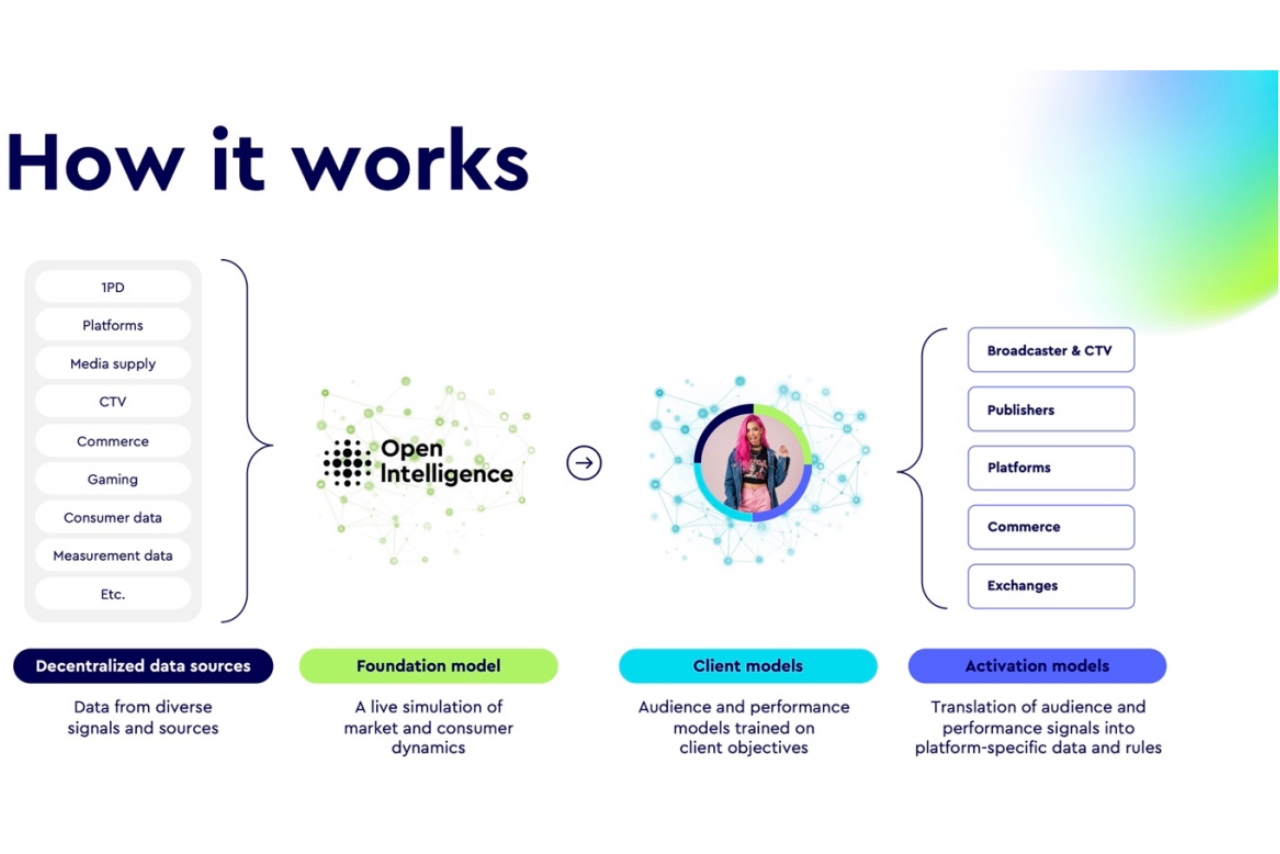





![How To Launch, Grow, and Scale a Community That Supports Your Brand [MozCon 2025 Speaker Series]](https://moz.com/images/blog/banners/Mozcon2025_SpeakerBlogHeader_1180x400_Areej-abuali_London.png?auto=compress,format&fit=crop&dm=1747732165&s=beb7825c980a8c74f9a756ec91c8d68b#)
![Clicks Don’t Pay the Bills: Use This Audit Framework To Prove Content Revenue [Mozcon 2025 Speaker Series]](https://moz.com/images/blog/banners/Mozcon2025_SpeakerBlogHeader_1180x400_Hellen_London.png?auto=compress,format&fit=crop&dm=1747758249&s=9f3c5b1b7421f862beace1cb513053bb#)
![How To Create an Integrated Strategy That Increases Brand Mentions and Visibility [Mozcon 2025 Speaker Series]](https://moz.com/images/blog/banners/Mozcon2025_SpeakerBlogHeader_1180x400_JamesH_London.png?auto=compress,format&fit=crop&dm=1747780409&s=9bf9f0a2623b4a8be6eaf8f235115505#)








.png)
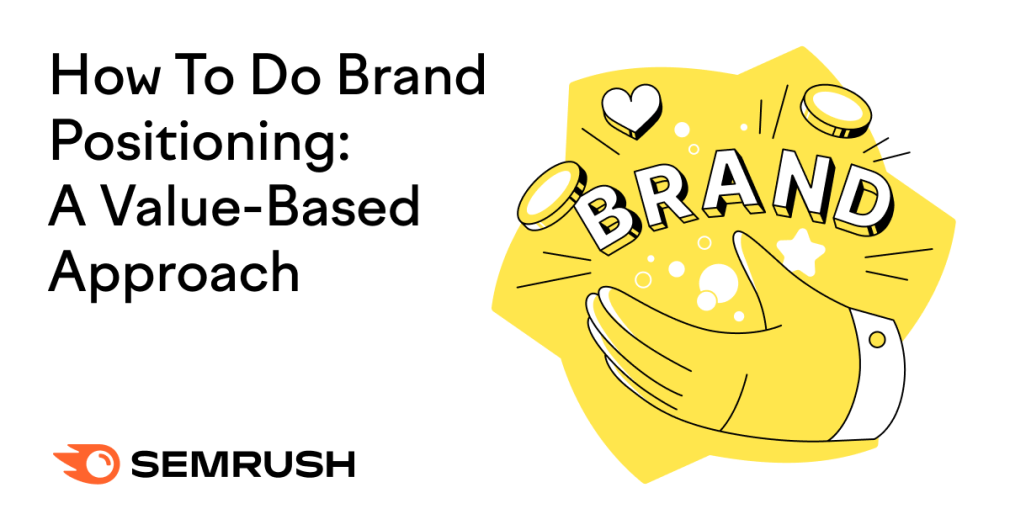
















![The 11 Best Landing Page Builder Software Tools [2025]](https://www.growthmarketingpro.com/wp-content/uploads/2024/04/best-landing-page-software-hero-image-1024x618.png?#)












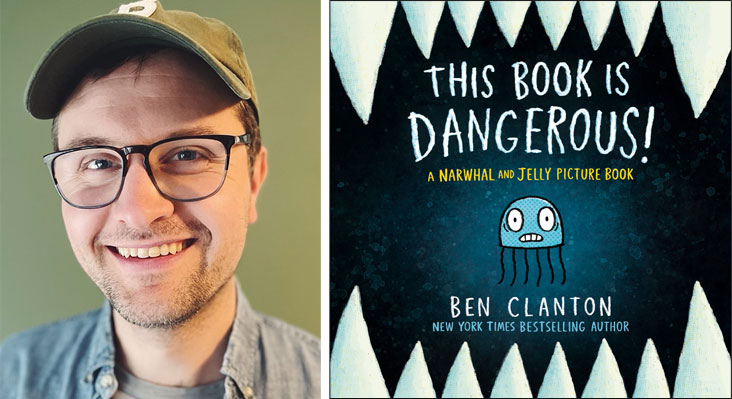
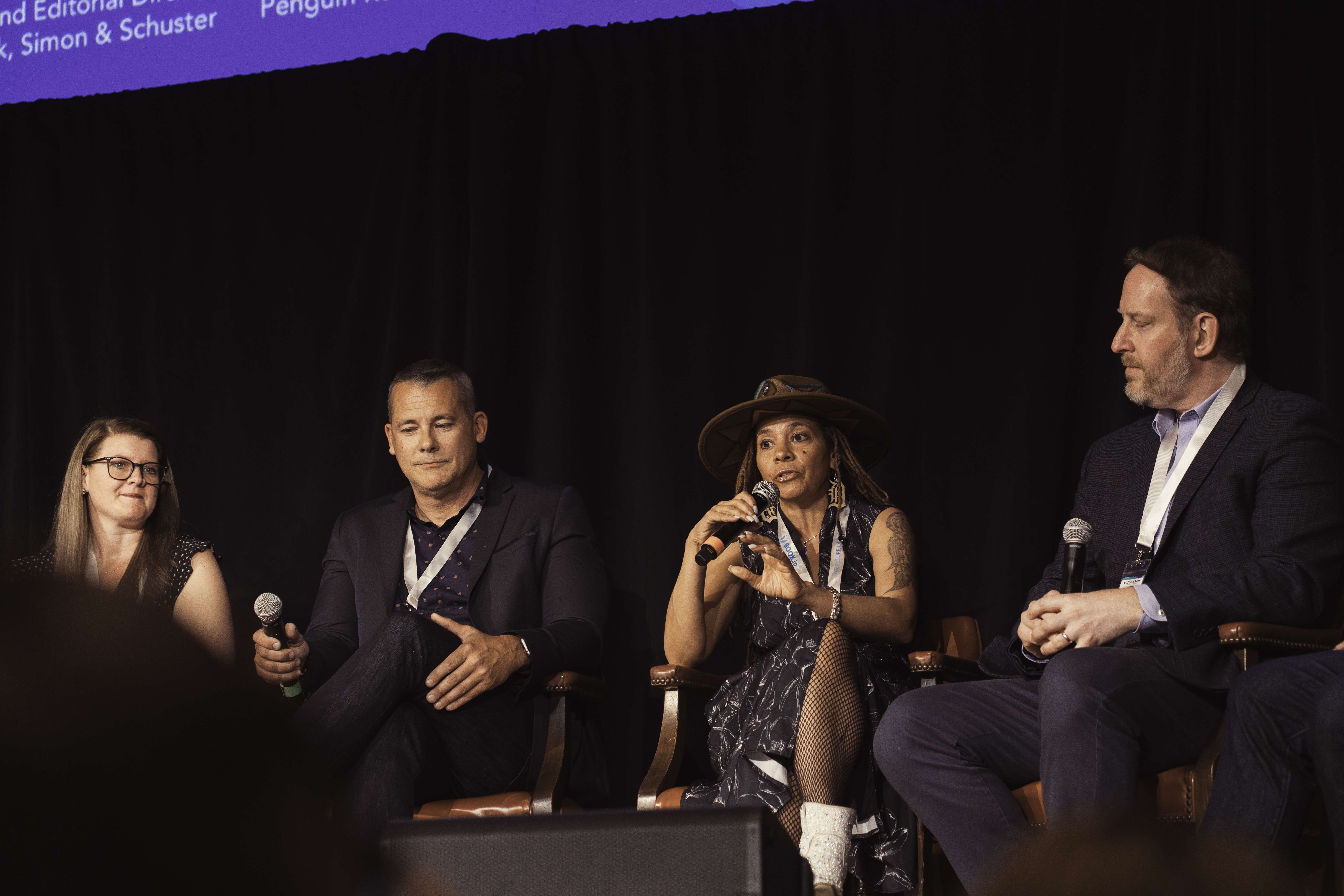
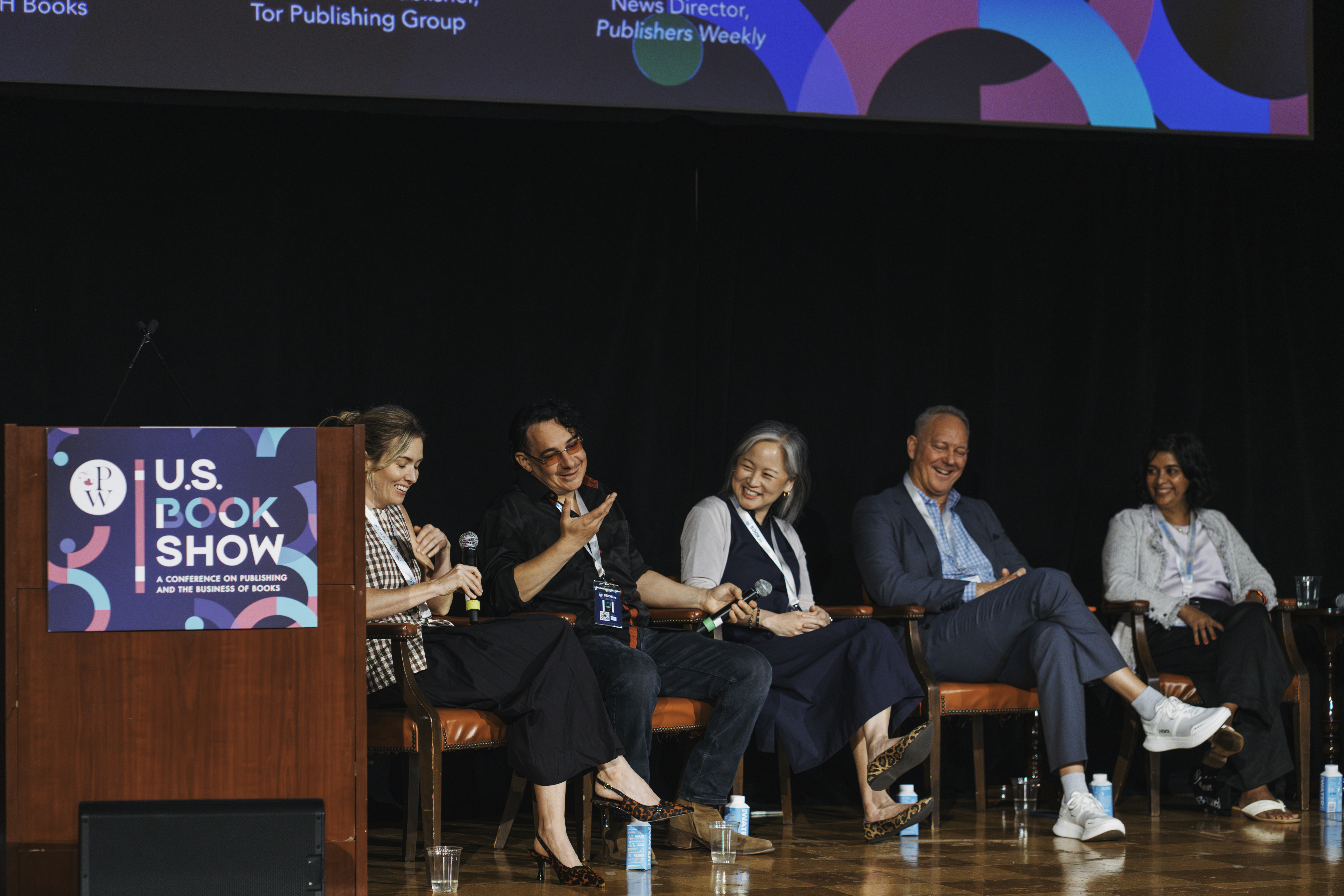
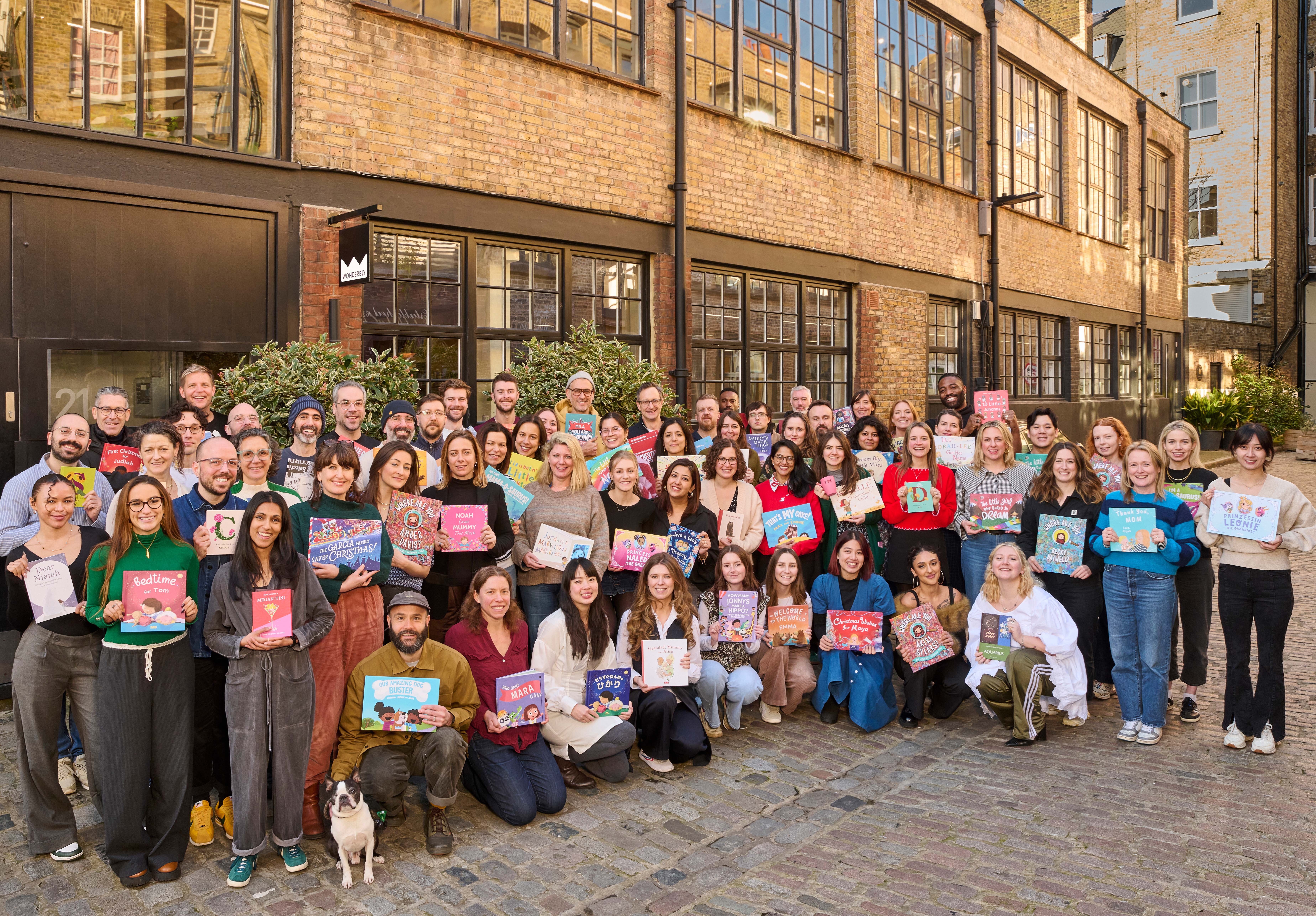
















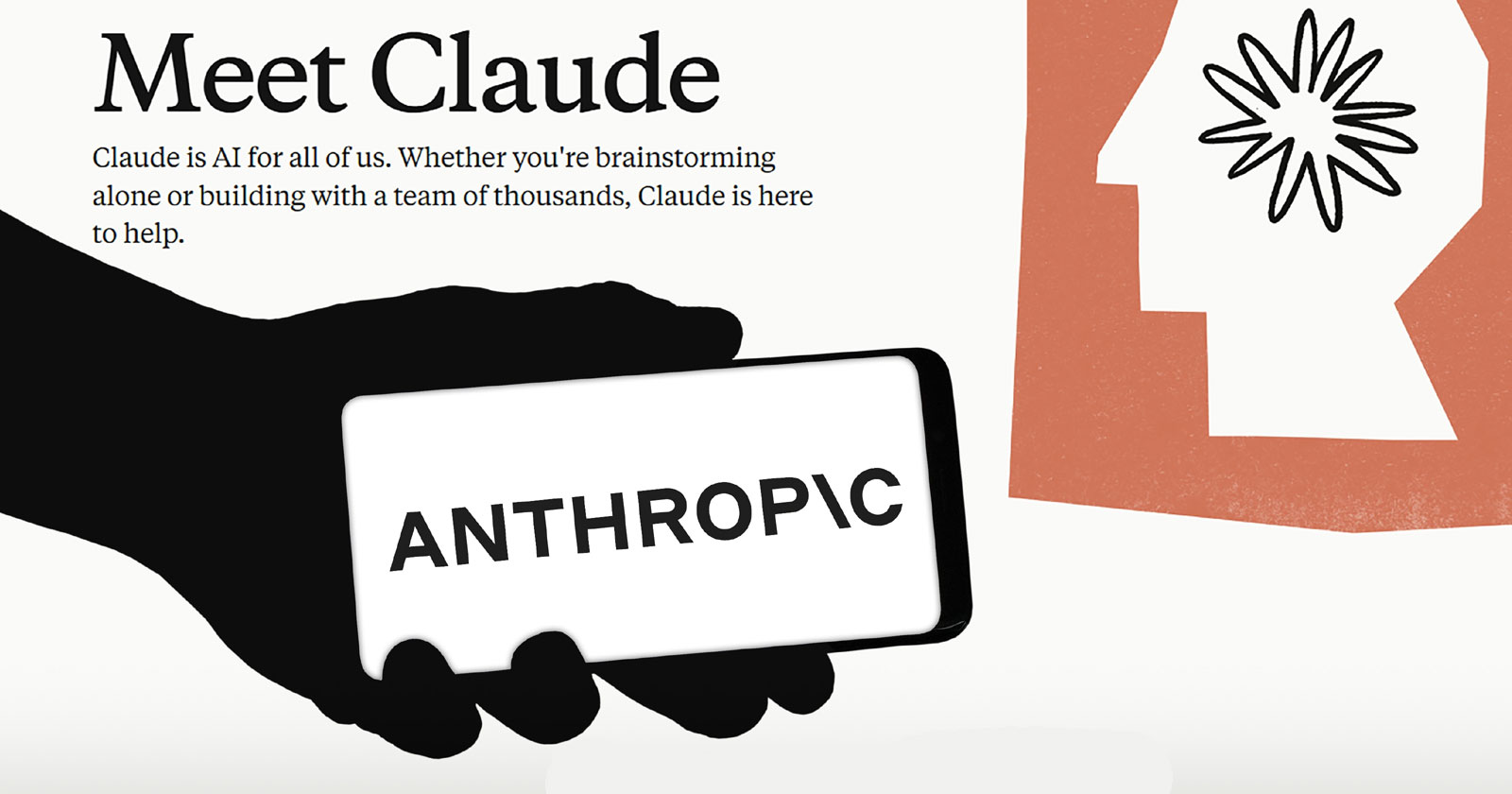










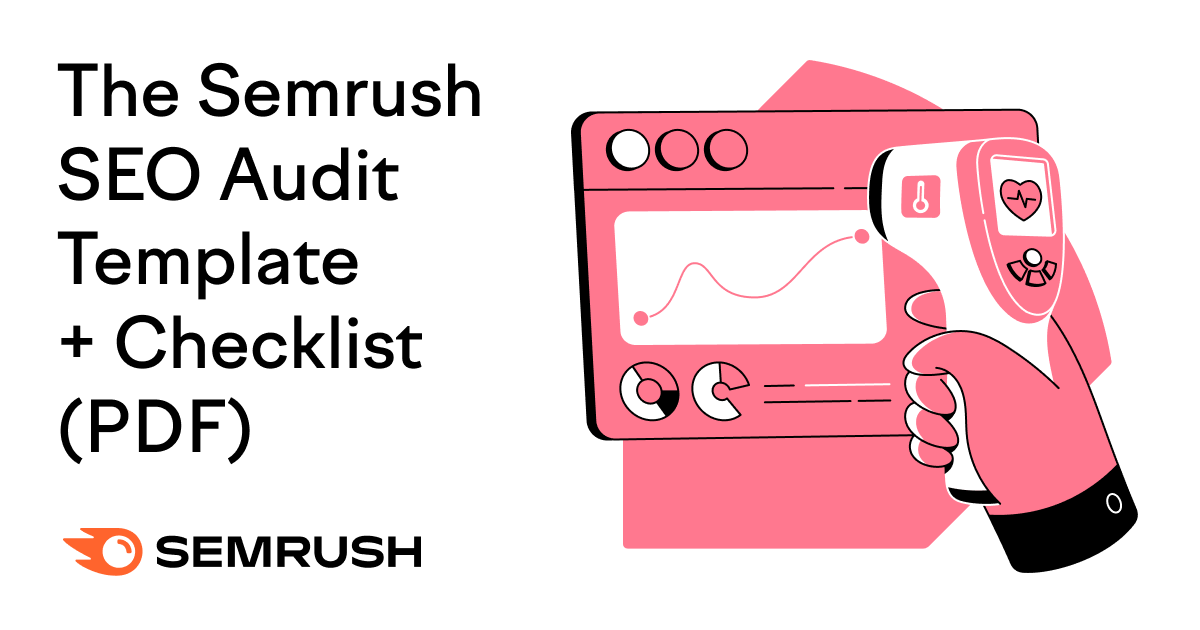
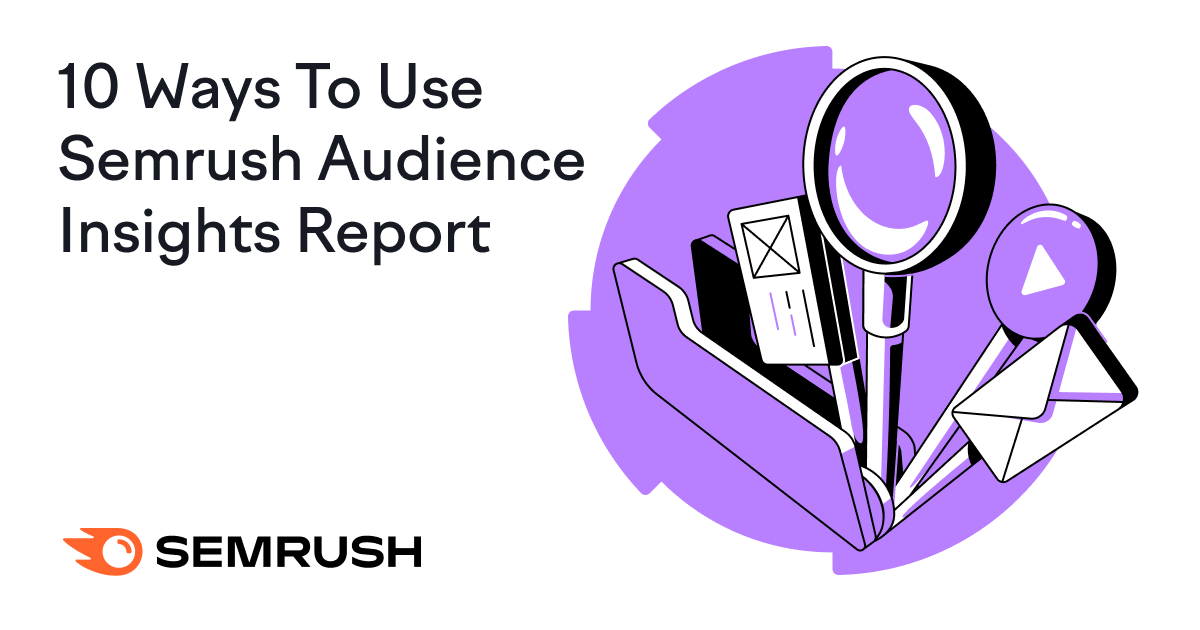

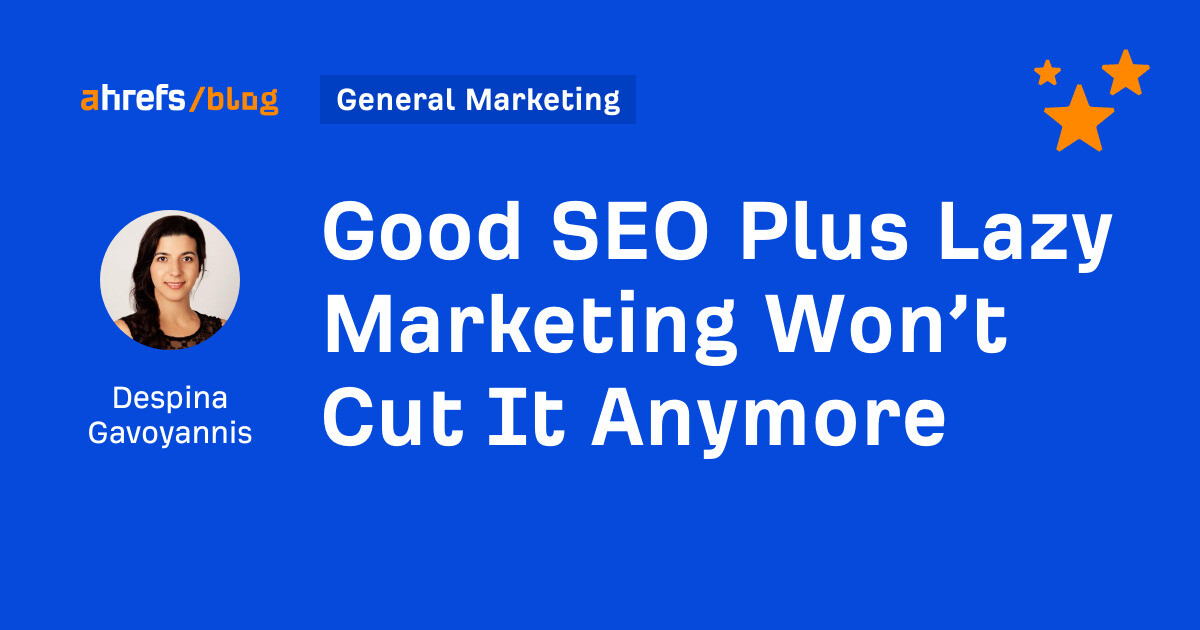
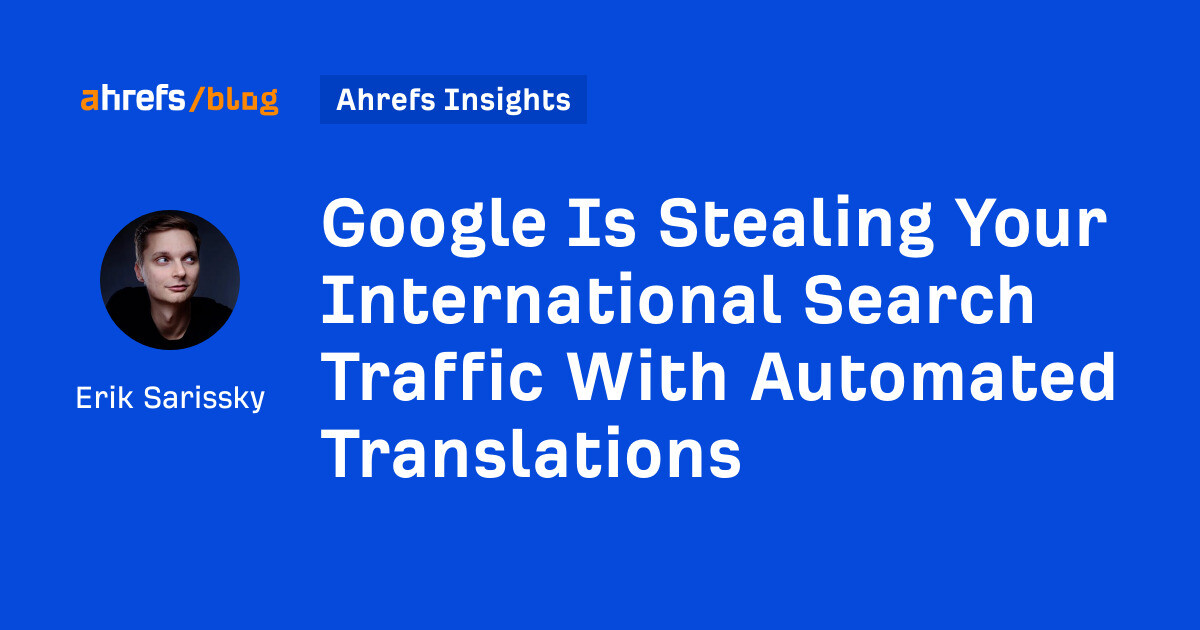
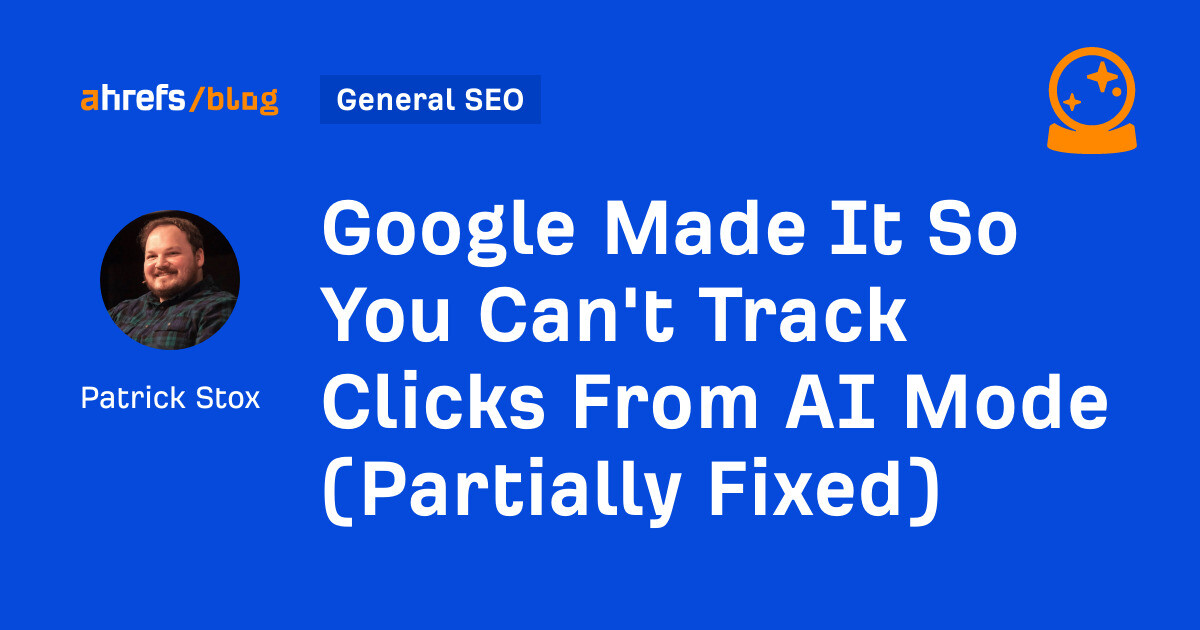

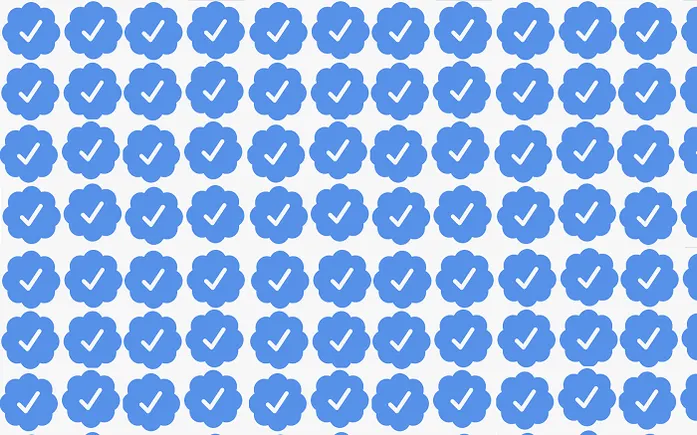












![Social media image sizes for all networks [June 2025]](https://blog.hootsuite.com/wp-content/uploads/2023/01/Social-Media-Image-Sizes-2023.png)


![What you're doing wrong in your marketing emails [according to an email expert]](https://53.fs1.hubspotusercontent-na1.net/hubfs/53/jay-schwedelson-mim-blog.webp)

![These AI workflows can 10X your marketing productivity [+ video]](https://www.hubspot.com/hubfs/Untitled%20design%20-%202025-05-29T135332.005.png)











